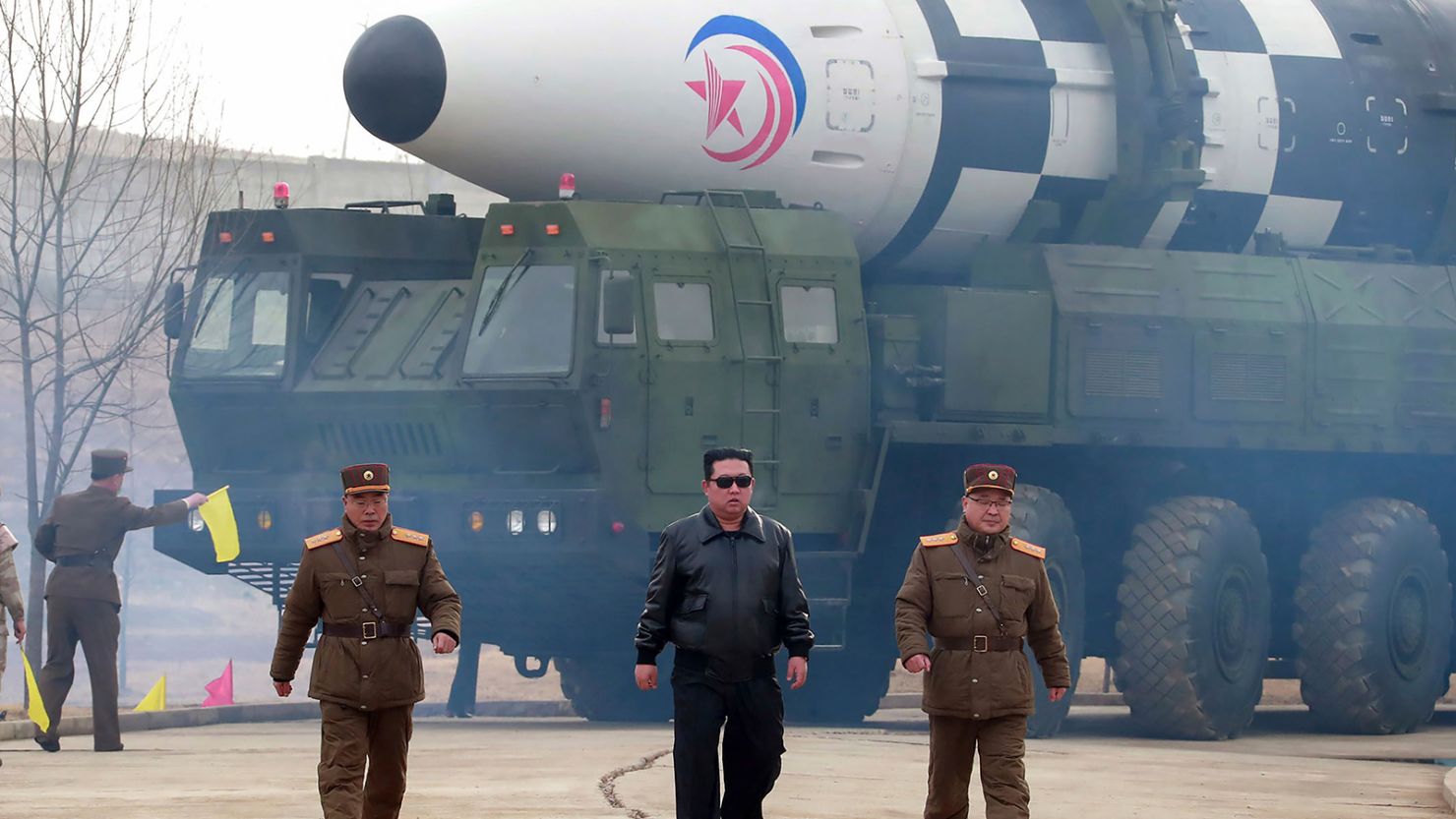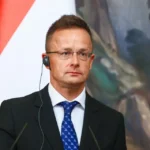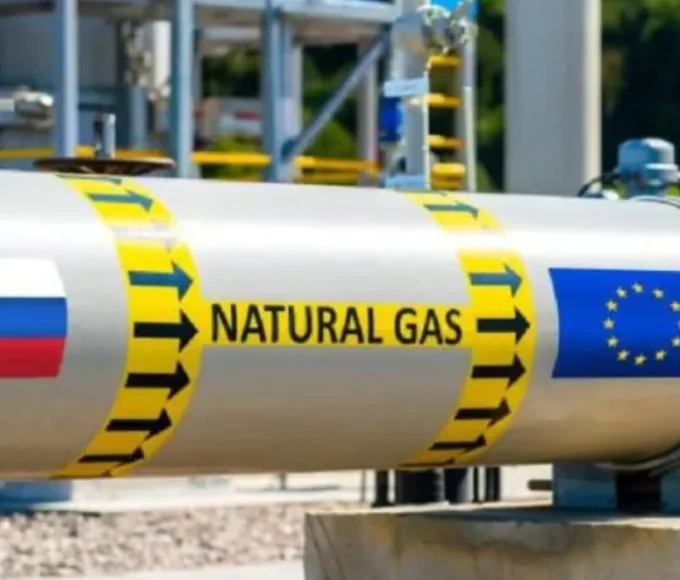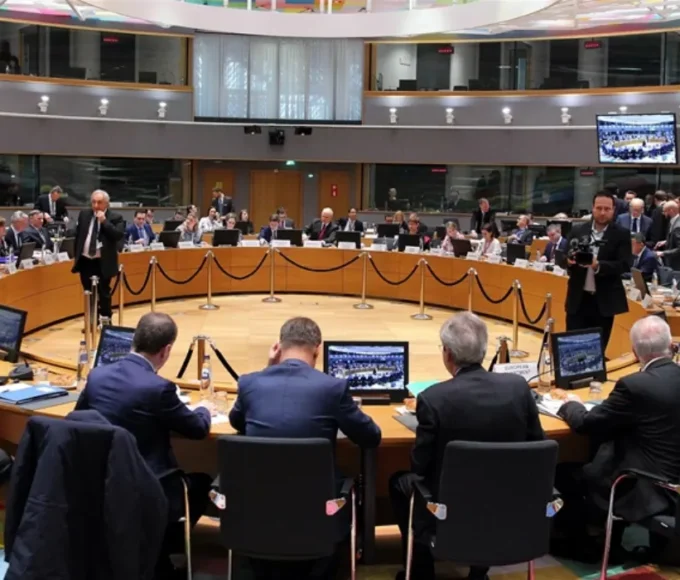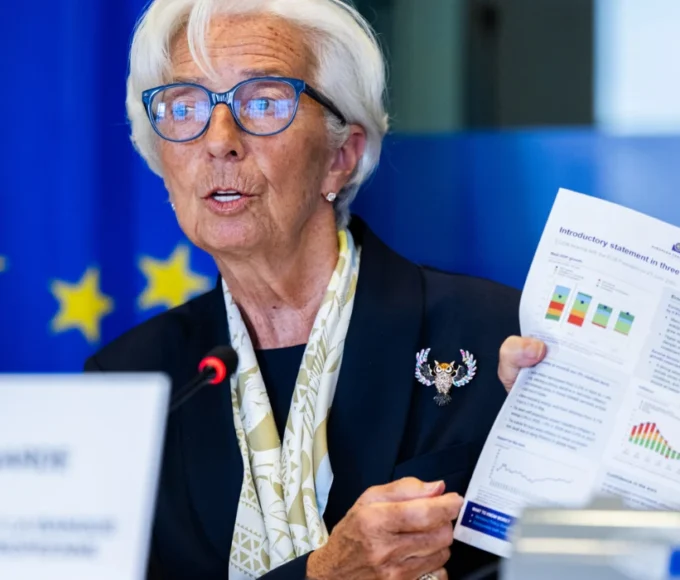The European Union (EU) and United Nations (UN) Secretary-General Antonio Guterres have issued a strong condemnation of North Korea’s recent intercontinental missile launch, deeming it a “flagrant violation” of multiple United Nations resolutions. This statement was made by EU’s Chief Diplomat Josep Borrell in a press release on Thursday, October 31, 2024.
In his statement, Borrell emphasized that this illegal launch reflects North Korea’s ongoing intention to develop capabilities for deploying weapons of mass destruction. “This launch demonstrates that North Korea has no intention of halting its pursuit of technologies that threaten global security,” he stated, highlighting the continued risks posed by Pyongyang’s military ambitions.
The timing of Borrell’s remarks is significant as he is set to visit Japan and South Korea starting November 1, a trip that had been planned prior to the missile launch. His visit underscores the EU’s commitment to addressing security concerns in the Asia-Pacific region, particularly in light of North Korea’s aggressive posturing.
In a parallel statement, UN Secretary-General Guterres condemned the missile launch, reiterating the EU’s stance. His office released a statement, citing that Guterres “firmly condemns the ballistic missile launch by the Democratic People’s Republic of Korea.” The use of the official name for North Korea highlights the seriousness of the situation, as Guterres stresses the need for a unified global response to such provocations.
The UN chief noted that these “repeated missile tests” constitute clear violations of Security Council resolutions, which are designed to prevent North Korea from advancing its missile and nuclear weapons programs. The international community has been closely monitoring North Korea’s missile activities, which have escalated in recent months, raising alarms over potential regional instability.
North Korea’s missile launches have drawn widespread condemnation not only from the EU and UN but also from various countries around the world. These actions are perceived as provocations that threaten peace and security in the region and beyond. The missile launch on October 31 is the latest in a series of tests that North Korea has conducted in defiance of international sanctions and diplomatic efforts aimed at curbing its weapons programs.
The EU and UN have called for North Korea to engage in meaningful dialogue and to cease its missile tests. Borrell emphasized the importance of diplomatic efforts in addressing the tensions on the Korean Peninsula, stating, “We urge North Korea to return to the negotiating table and to adhere to its international obligations.”
In addition to condemning North Korea’s actions, the EU and UN leaders reiterated their support for the denuclearization of the Korean Peninsula. They expressed hope that the international community would remain united in its approach to North Korea, reinforcing the necessity of collective measures to address the ongoing threat posed by its weapons programs.
The response to North Korea’s missile launch is likely to dominate discussions in the upcoming meetings between Borrell and officials in Japan and South Korea. Both countries are key allies of the EU and play a crucial role in regional security dynamics. The EU’s engagement with Japan and South Korea reflects a broader commitment to strengthening ties with like-minded partners in addressing security challenges.
As the situation develops, the international community will be watching closely for North Korea’s next moves. The recent missile launch serves as a stark reminder of the persistent risks posed by Pyongyang’s military ambitions and the ongoing need for robust diplomatic efforts to prevent escalation.
In conclusion, the EU and UN’s strong condemnation of North Korea’s missile launch underscores the urgent need for continued vigilance and cooperation among nations to address the challenges posed by North Korea’s weapons programs. With tensions rising, the call for dialogue and adherence to international law remains more critical than ever.
This article is originally published on rfi.fr


